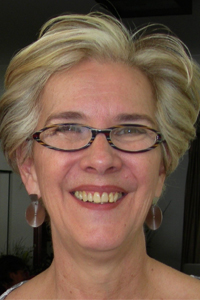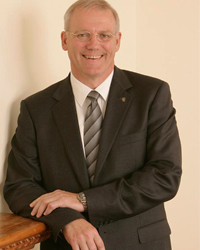
Gary Biddle
Gary Biddle, dean of the Faculty of Business and Economics at Hong Kong University (HKU), discusses his school’s MBA and EMBA partnerships with London Business School and Columbia Business School, and the enduring importance of “Ny-Lon Kong.”
Is Hong Kong still a good gateway into Asia for executives?
Hong Kong has long been a bridge between East and West. Hong Kong knows the West, and it knows the East. For people coming out of China into the world or going into China from the rest of the world…when these people cross, sparks fly, because in our classes, people say, “let me tell you how things are done in Shanghai,” and another might chime in “let me tell you how things are done in Berlin or London or New York or New Delhi.” The instructors understand both, and we facilitate this exchange of insights.
Is fluency in Chinese essential for executives in Hong Kong and China? Are they coming to your program with these skills?
There’s no question that if one wants to pursue a career connected to China, you’d want to know the local language there. This is true in Germany and everywhere.
In our regular MBA program, we have a “China Track” designed specifically for people from outside of China to launch their careers in China. If they don’t know Mandarin, there’s an option that takes them to Beijing for an intensive language immursion experience. This is for someone from Europe, South Asia, or the Americas who doesn’t know Mandarin, but knows China is a big thing, and wants to have some conversational fluency in Mandarin. And then they continue during their MBA studies. There’s of course a natural limit to how much you can learn in a year and a half, but still, with this kind of structure, you can learn quite a bit.
Continue reading →




